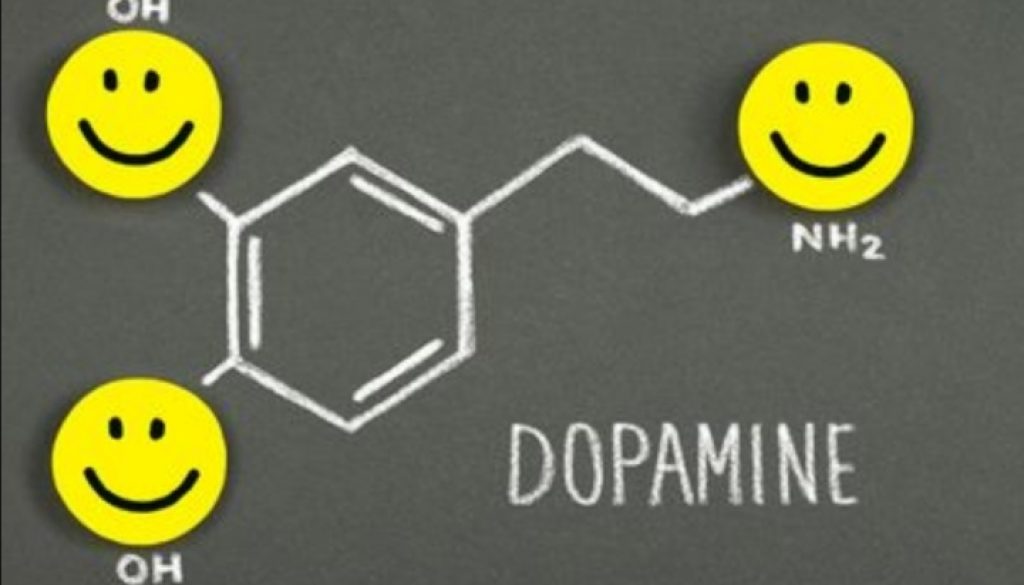Dopamine and Its Impact on Mental Health
Dopamine is a neurotransmitter that plays a crucial role in regulating various physiological and psychological processes, including motivation, pleasure, reward, and movement. Its impact on mental health is significant, and research has shown that dopamine dysregulation is involved in various mental health disorders.
What is Dopamine?
Dopamine is a neurotransmitter produced by the brain’s reward system, which includes the ventral tegmental area (VTA) and the nucleus accumbens (NAcc). It is released in response to pleasurable activities, such as eating, sex, and social interaction, and plays a key role in motivation, learning, and memory.
The Impact of Dopamine on Mental Health
Dopamine’s impact on mental health is complex and multifaceted. Research has shown that dopamine dysregulation is involved in various mental health disorders, including:
1. Addiction: Dopamine release is a key component of the addiction cycle, and dopamine dysregulation is thought to contribute to the development and maintenance of addiction.
2. Depression: Low levels of dopamine have been linked to depression, and dopamine-releasing medications, such as bupropion, are sometimes used to treat depressive disorders.
3. Schizophrenia: Dopamine dysregulation is thought to contribute to the development of schizophrenia, and dopamine-blocking medications, such as antipsychotics, are often used to treat the disorder.
4. Attention Deficit Hyperactivity Disorder (ADHD): Dopamine dysregulation is thought to contribute to the development of ADHD, and dopamine-releasing medications, such as Ritalin, are sometimes used to treat the disorder.
5. Anxiety: Dopamine release is thought to play a role in the development of anxiety disorders, and dopamine-reducing medications, such as benzodiazepines, are sometimes used to treat anxiety disorders.
Mechanisms of Dopamine’s Impact on Mental Health
The mechanisms by which dopamine impacts mental health are complex and involve multiple pathways. Some of the key mechanisms include:
1. Reward processing: Dopamine release is involved in the processing of rewards, and dopamine dysregulation can lead to abnormalities in reward processing.
2. Motivation: Dopamine release is involved in motivation, and dopamine dysregulation can lead to abnormalities in motivation.
3. Emotional regulation: Dopamine release is involved in emotional regulation, and dopamine dysregulation can lead to abnormalities in emotional regulation.
4. Neuroplasticity: Dopamine release is involved in neuroplasticity, and dopamine dysregulation can lead to abnormalities in neuroplasticity.
Implications for Treatment and Management
The complex role of dopamine in mental health has significant implications for treatment and management. Some of the key takeaways include:
1. Pharmacological interventions: Dopamine-releasing medications, such as bupropion, can be effective in treating depressive disorders.
2. Behavioral interventions: Behavioral interventions, such as cognitive-behavioral therapy (CBT), can be effective in treating addiction and other dopamine-related disorders.
3. Lifestyle modifications: Lifestyle modifications, such as regular exercise and social interaction, can influence dopamine levels and improve mental health outcomes.
Conclusion
Dopamine plays a critical role in regulating mental health, and its dysregulation is involved in various mental health disorders. Understanding the complex mechanisms by which dopamine impacts mental health can inform treatment and management strategies. By integrating pharmacological, behavioral, and lifestyle interventions, individuals can support dopamine function and promote optimal mental health outcomes.



